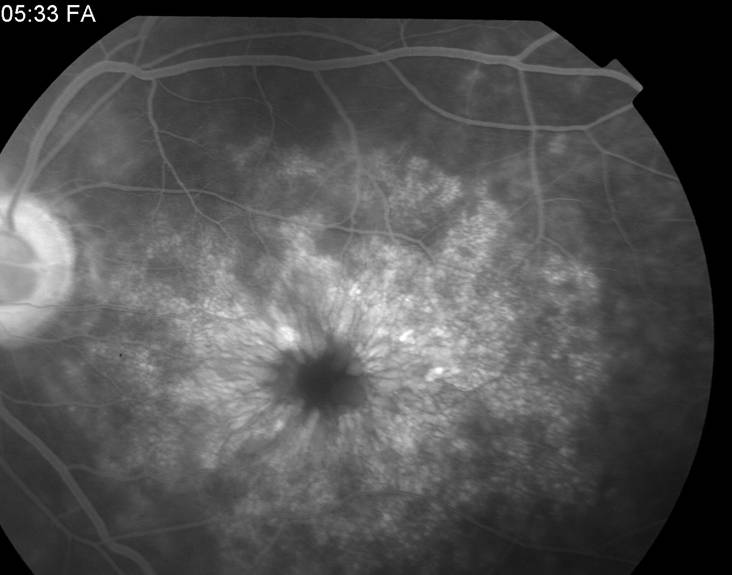Complications of Cataract Surgery
Cataract surgery is the most common operation performed in America. This surgery involves the removal of the cloudy lens and replacement with an artificial lens. While this surgery is usually performed quickly and safely, with excellent results, occasionally complications can and do occur.
Macula Edema
This swelling in the center of the retina can occur following any surgery. Surgery is a form of trauma that results in inflammation and the release of chemicals to heal the trauma. These chemicals lead to leakage of the blood vessels, which results in swelling. Left untreated, this swelling can result in permanent visual disturbance. Treatment is usually in the form of medication and can be very effective.
Retained Lens Fragment
Sometimes removal of the lens material can be complicated. Excessively “hard” lenses can be difficult to remove and result in fragments being lost in the back of the eye. These fragments can cause swelling and debris in the eye and need to be removed. While this usually causes anxiety to the patient, (and doctor!) most patients have these fragments removed by Vitrectomy and have excellent outcomes. Your retina specialist will discuss your case and the best treatment options with you.
Endophthalmitis
Whenever an incision is made, it allows a route for bacteria to enter. When this occurs in the eye, it can have devastating results. The cardinal signs of infection in the eye are sudden pain and vision loss in the immediate post-operative period. This is a true eye emergency that requires PROMPT treatment. Your cataract surgeon will promptly refer you to a retinal specialist if he suspects this condition. Most patients with prompt treatment can have marked improvement of their vision however, patients with highly virulent or destructive bacteria may not do so well.
Keith Warren, M.D.
Retina Specialist
Board Certified Ophthalmologist
Overland Park and Kansas City

